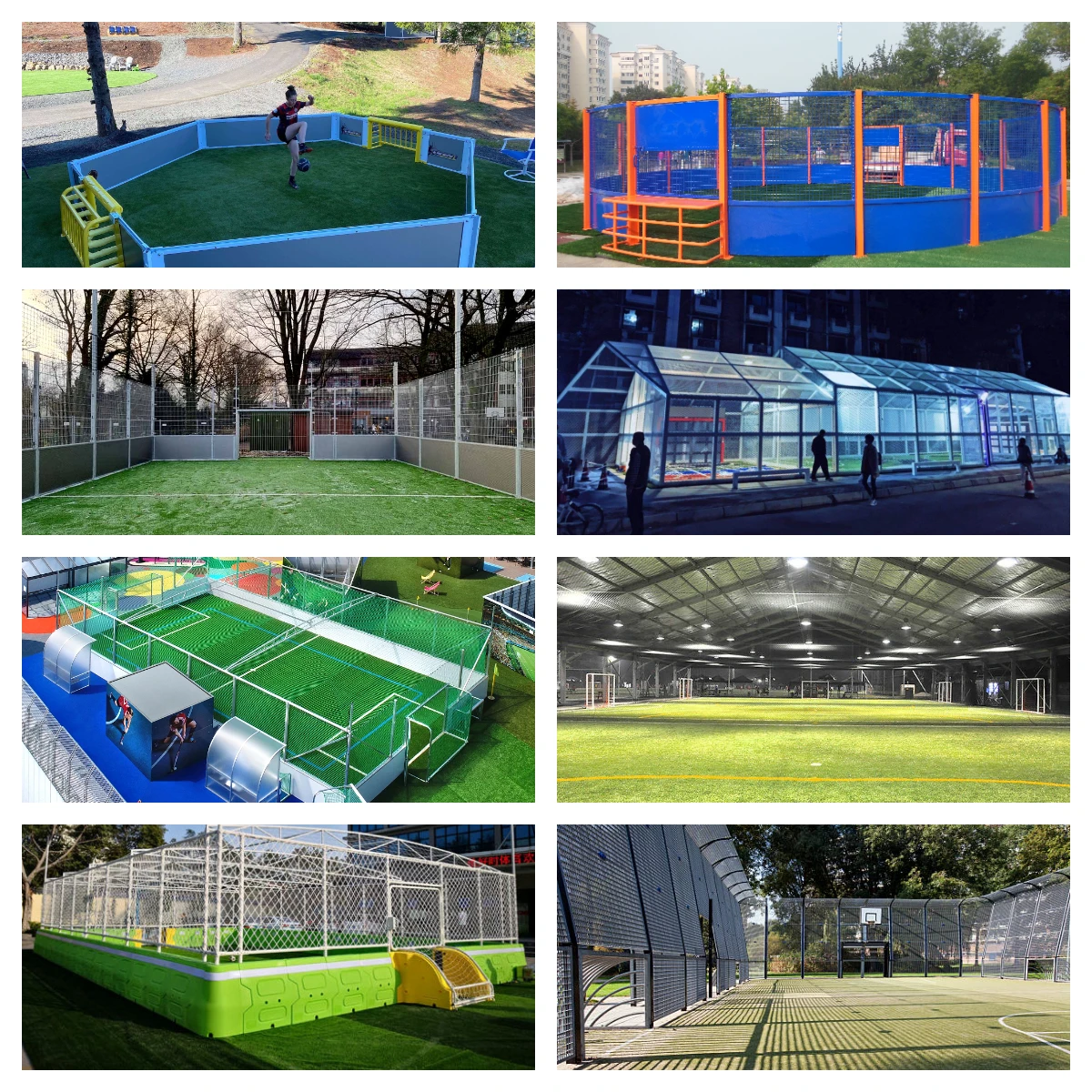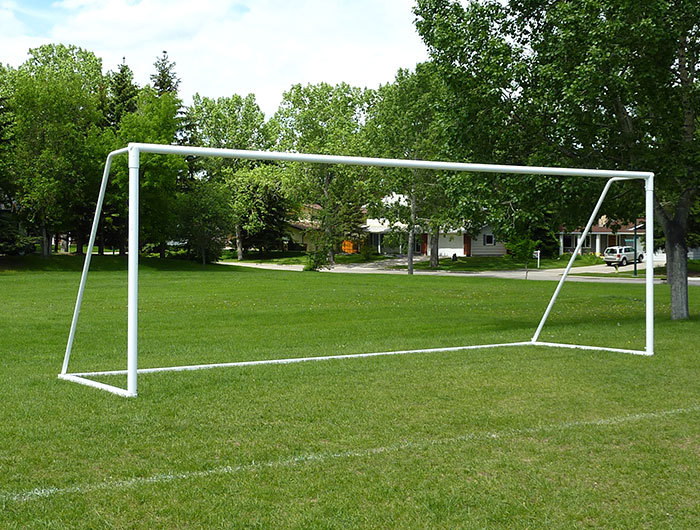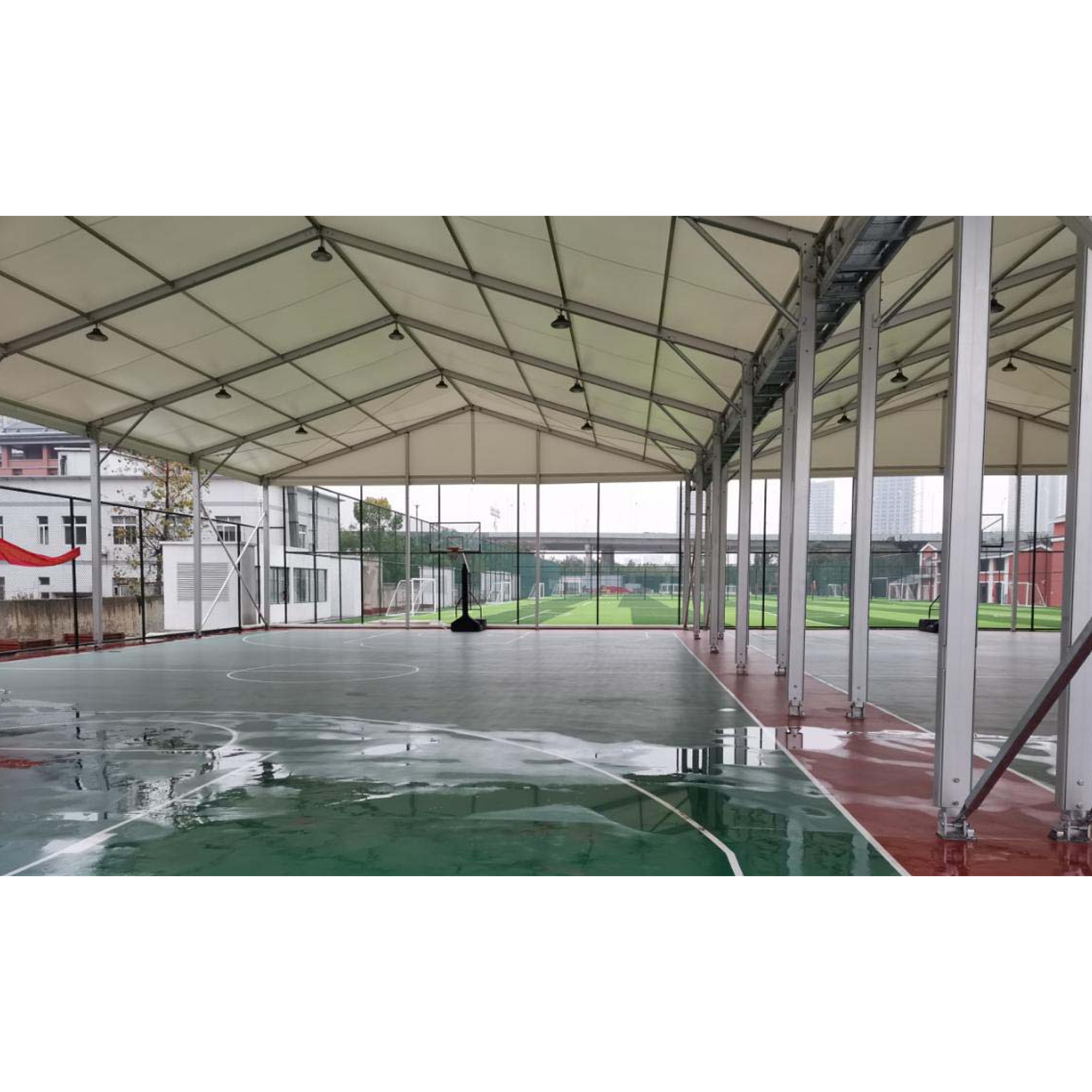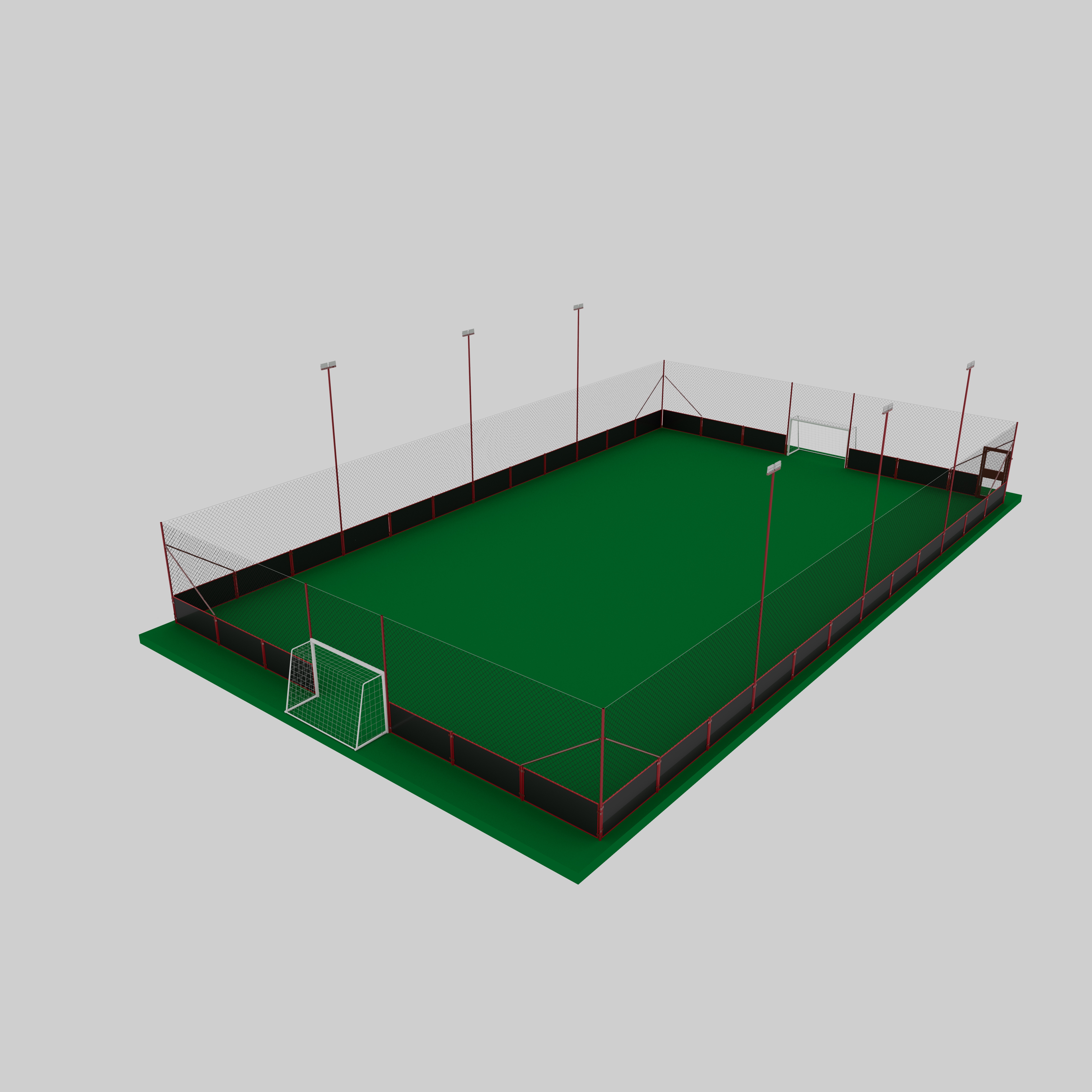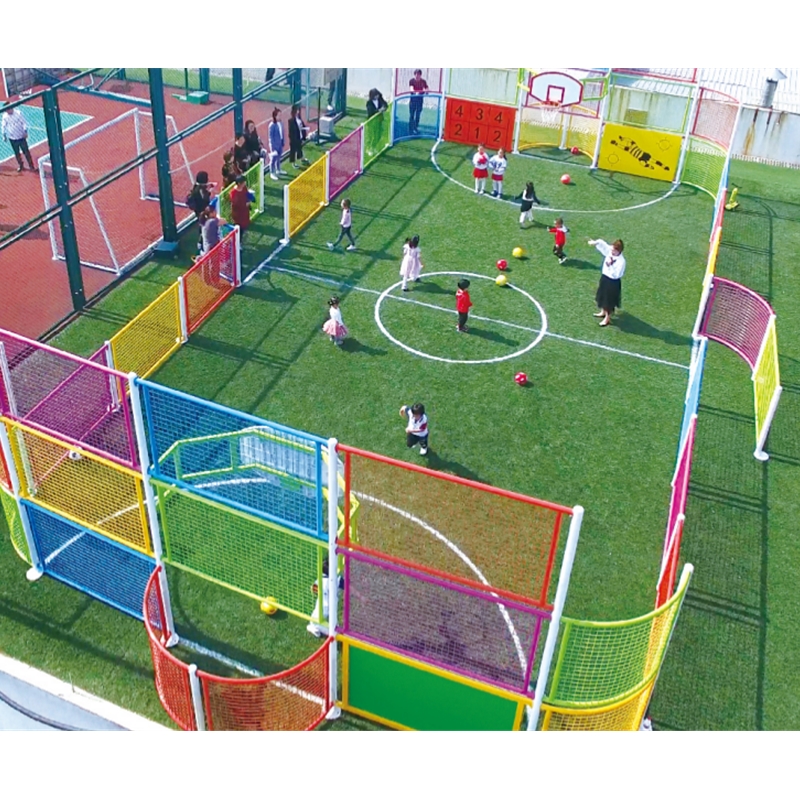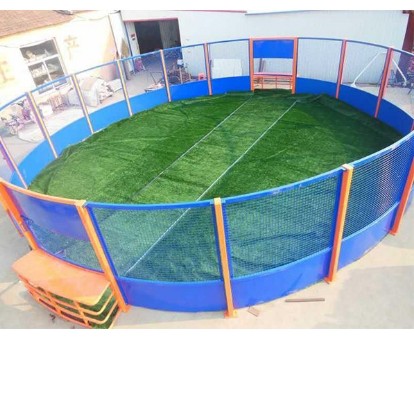The earlier he is exposed to soccer, the more benefits he can reap!
Why is it better to learn sports (soccer) at an early age? Because between the ages of 3 and 6, a child’s brain synapses are in an open state, which means that this is a period of time when passive learning patterns are inculcated rather than active learning patterns. For example, they imitate their parents, people around them, TV episodes, and so on, and through observation and imitation, they develop an early state of imitation in their lives.
However, the earlier the better, when the body has not yet reached the stage of learning or cognitive ability has not yet opened, it is not suitable to receive more professional soccer training. A relatively good age to start is around 4 or 5 years old, when the body is just right for learning sports (soccer).
There are many benefits to starting soccer early, such as boosting brain development, enhancing body perception, coordination and agility, improving a child’s personality, and learning respect for peers and a sense of community, among many other benefits.
Exercise promotes the body’s ability to fight off disease, and outdoor exercise improves vitamin D production, which protects young children’s eyesight. It also increases the metabolic rate of the body and allows the body to grow about 2-3 centimeters more.
The period from 3 to 6 years old is during the opening of the young child’s brain, which is the best time to receive knowledge naturally, and the soccer initiation period is between the ages of 4-6 years old, through the interest of soccer training, the young child can reap the benefits from the soccer skills, physical skills to improve, and hand-eye coordination of the brain development of these multiple abilities to enhance.
Soccer is the most comprehensive physical development of all sports, in the happy process of learning soccer, through the hands and feet, running and jumping, with a variety of sports equipment under the action of the sensitivity of the movement, so that the brain nervous system to get rapid growth, comparing the regular sports and infrequent sports children’s performance in adulthood, often sports obviously in the body coordination, reaction speed, thinking speed and other aspects of the latter is stronger.
It is always said that children should not be put under external pressure or forced to follow the ball, but should try to go with the flow and let the coach give some guidance in line with the growth and development of children. But what exactly should be done?
In fact, in the eyes of children, soccer is soccer, is a game. The best thing about it is the experience of playing soccer, running on the green field with your buddies, which is very gratifying to think about even when you are old. Why can’t this wonderful childhood experience continue? Can’t we adults find a way to fulfill the simplest requests of children? Why can’t we reinforce the wonderful experience of playing soccer through our efforts, our praise, our encouragement? The behavior of adults, especially children’s soccer coaches, can influence and change a child’s life, as well as root the wonderful sport of soccer in the heart of a child, making it a lifelong sport as they grow up, as adults, and even in their old age.
We would like to give you dear children’s soccer coaches some tips to help you easily accompany your children’s training and growth.
● Why not say what kids love to say? Use words and phrases that children often say, and use vivid images to show your intention, and children may understand better!
Why not talk to each child individually? Whether you want to criticize him/her or praise him/her, call him/her in and talk to him/her individually about your opinions and thoughts.
● Why not be compassionate? Try to keep your patience, imagine that you were once a child, and put yourself in your child’s shoes.
●Why not make your child stronger with your love, praise and encouragement?
● Don’t forget to actively give guidance and corrections and accompany your child’s training, learning and growth with a helpful attitude!
● Persist in analyzing! Find out what mistakes children often make and recognize and praise positive behavior.
● Why don’t you give the children a talk about what is wrong with them? You can ask targeted questions involving your child and work with them to find answers to their problems.
Dear soccer coaches, please don’t stand on the sidelines yelling and screaming at the kids! First of all, you need to realize that getting angry doesn’t really work. Secondly, put yourself in the kids’ shoes. Don’t they want to score goals and win games?
There’s no need for all the tactical overhauling that goes on in soccer training for kids. Instead, you can try to give the kids some very simple, basic tips to move their kicking behavior in a better direction. You could say, “Tom, try throwing our out-of-bounds ball a little farther!” Then, you can show the kids a similar scenario so that your training and teaching behaviors make sense.
Publisher:
Post time: Nov-15-2024


